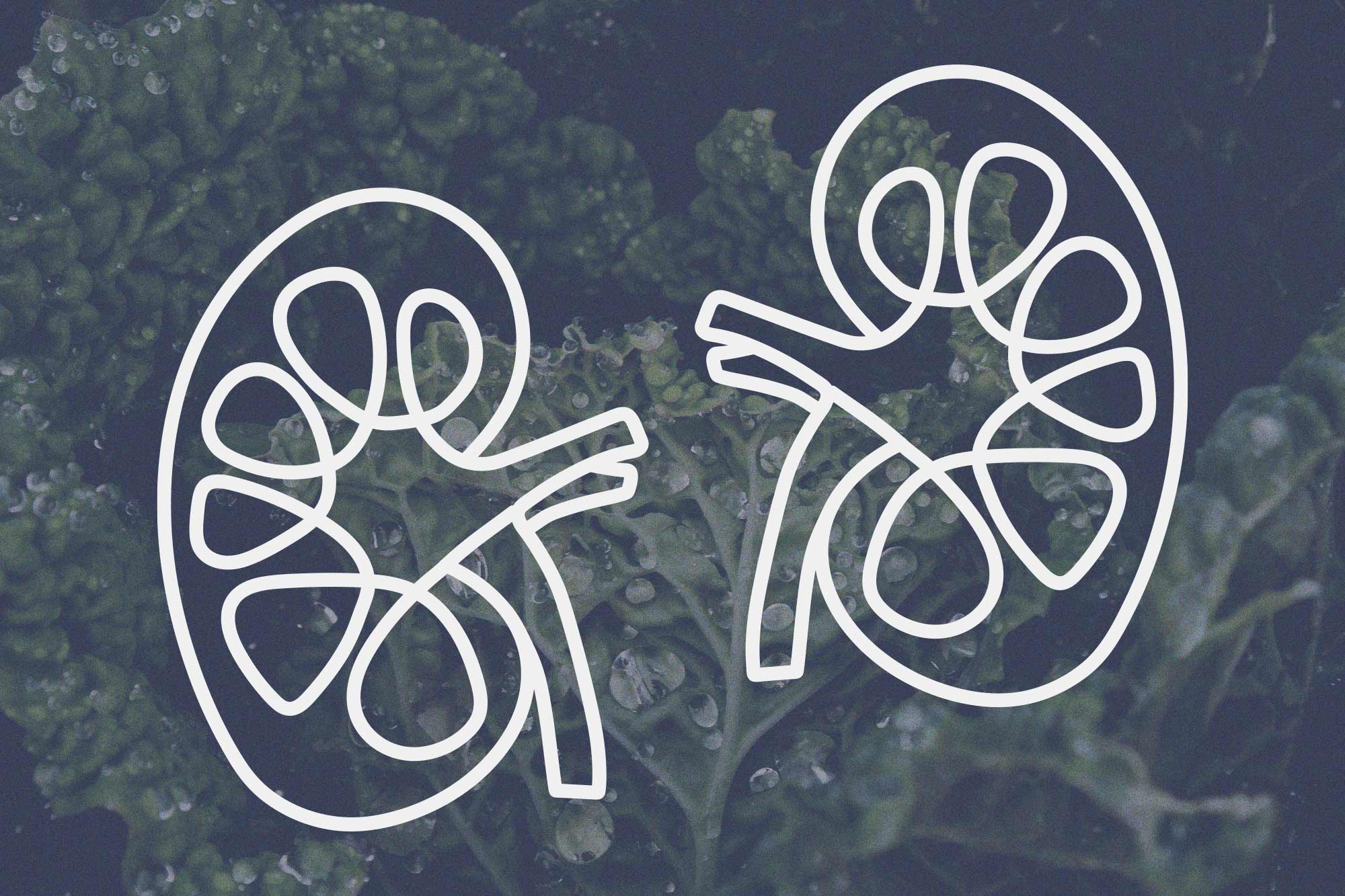It turns out your parents were right: You should eat more fruits and vegetables.
University of Virginia School of Medicine researchers found that adults with chronic kidney disease generally ate fewer fruits and vegetables than adults who did not have the disease.
The researchers analyzed data on eating patterns of fruits and vegetables from three cycles of the National Health and Nutrition Examination Survey conducted between 1988 and 2018. After adjusting for demographics, waist circumference and the presence of diabetes and high blood pressure among survey participants, the scientists found that patients with chronic kidney disease included fewer fruits and vegetables in their diets.
“Consuming more fruits and vegetables is strongly linked to health in many different diseases,” UVA Health kidney specialist Dr. Julia J. Scialla said. “We worry about overall health effects when we see patients with chronic kidney disease consuming low levels of fruits and vegetables.”
Better understanding the possible risk factors for chronic kidney disease is critical, as the condition is widespread among Americans and carries significant health risks. According to the U.S. Centers for Disease Control and Prevention, approximately 37 million American adults have chronic kidney disease, which occurs when the kidneys are damaged and are unable to effectively filter waste from a person’s blood, potentially leading to high blood pressure, heart disease and stroke.
More studies are needed to determine whether the low intake of fruits and vegetables is a cause or result of chronic kidney disease, or if other factors play a role. While patients with chronic kidney disease may receive recommendations to reduce their consumption of potassium – a mineral commonly found in fruits and vegetables – the health benefits of this are not known and need further study. Scialla said it is important not to scare away patients from fruits and vegetables by telling them to watch their potassium intake.
The UVA research team recommends not only more studies to better understand the link between fruit and vegetable consumption and chronic kidney disease, but to figure out how to get all Americans to eat more fruits and vegetables.
“We hope that through this study and similar studies we would be able to encourage both healthy individuals and patients with chronic kidney disease to reconsider their intake of fruits and vegetables by incorporating greater varieties and amounts of unprocessed or minimally processed fruits and vegetables into their everyday diets,” said Shirin Pourafshar, a nutritionist and dietitian who was co-author of the study.
Media Contact
Article Information
July 5, 2025






